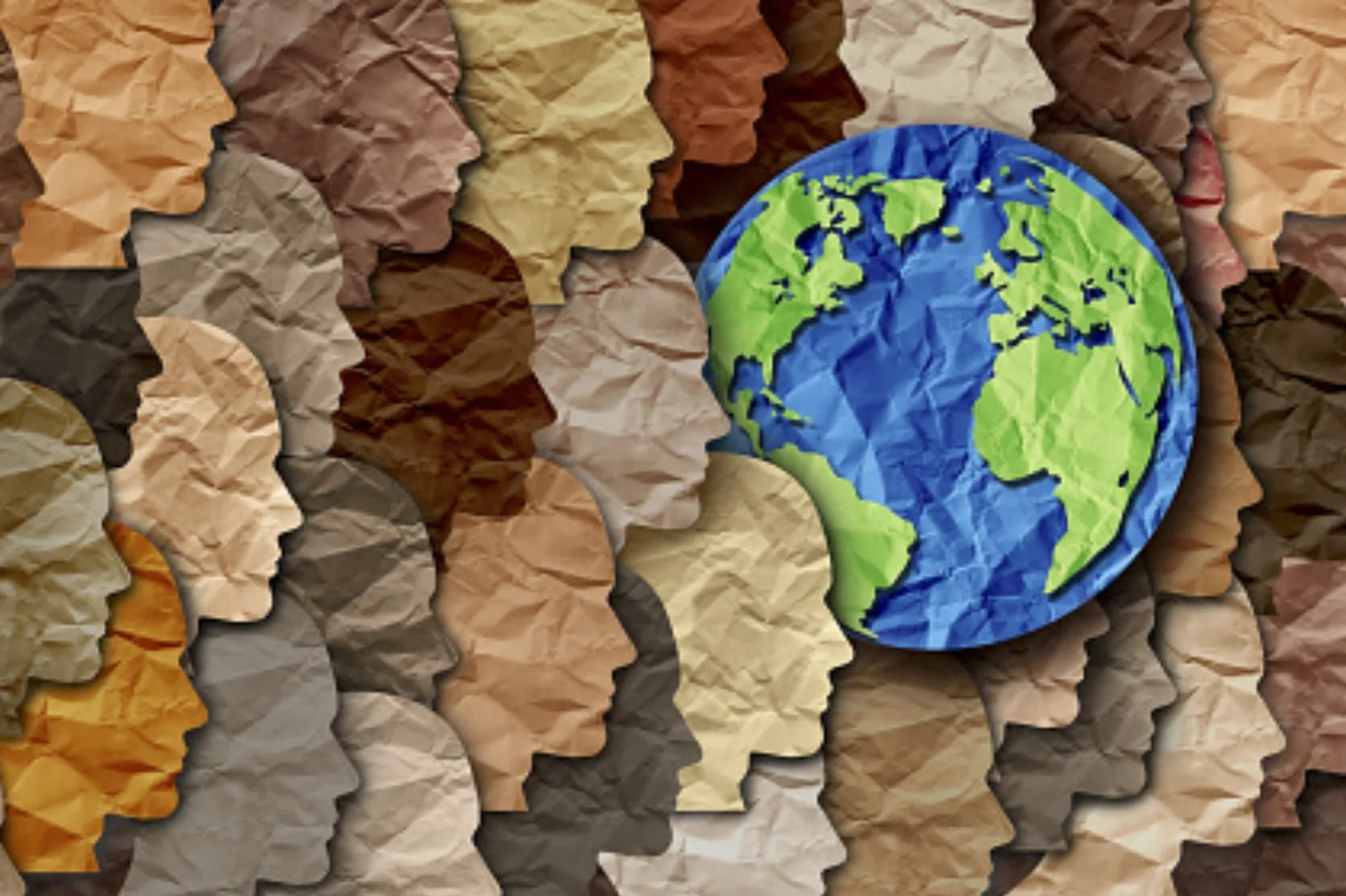How Philanthropic Donors can be Democratically Responsible
The U.S. has a long tradition of philanthropy by businesses and individuals. But all too often, wealthy people donate to causes or organizations without thinking about societal concerns like economic injustice, climate change, and racism. According to Theodore M. Lechterman, assistant professor of philosophy at IE University, in a post on theconversation.com, leaders have long questioned whether philanthropy offers appropriate or worthwhile solutions to troubling issues. He cites Martin Luther King, Jr., who held that philanthropy is “commendable” but insufficient when facing issues like racism and war.
Lechterman writes that donors should spend less on providing people in need with the goods and services they require and spend more on political campaigns, lobbying, legal action, and political advocacy, even if that means forgoing tax breaks linked to conventional charitable gifts. Yet because of economic inequality, encouraging donors to put their money into reform laws and policies can potentially worsen the political imbalance and undermine democracy.
A possible solution to this complex issue is for donors to meet the challenge of political change by supporting nonpartisan community organizing, which helps those who are disconnected from politics identify and collaborate on shared challenges. Making progress on systemic problems will highlight the protection of civil rights and workers’ civil liberties.
A post on the Stanford Social Innovation Review’s website states that all Americans have a role to play in mending U.S. democracy. This can be achieved by voting, participating in civil discourse, and engaging in the third sector, such as joining volunteer organizations and community groups. While wealthy donors often fund political processes to influence the outcome in favor of their desired candidate, bill, or policy, they can instead get behind the rehabilitation of US democracy. By supporting the nonprofit sector, philanthropists can address the basic needs of local and state governments in a nonpartisan way.
So-called democracy-rehabilitating philanthropy is designed to support philanthropic donors who want to repair the flaws in our current civic and democratic institutions. This will result in higher voter registration rates, more trust in the government, and an equal footing for local news and investigative journalism. This ensures that the system is more representative of all Americans by allowing citizens equal access to the political process and ensuring that both the media and government institutions function properly.
According to a recent post on the Rockefellers Brothers Fund website, the nation’s more than 100,000 foundations distributed more than $75 billion in 2020, the highest dollar amount on record. The donations went to various causes, including medical research, early-childhood education, investigative journalism, micro-financing, and more. Because lawmakers see these philanthropic contributions as essential to our democracy, Congress has given foundations special privileges to operate as tax-expect institutions. Yet less than two percent of philanthropic dollars spent in the past decade have been dedicated to advancing voting, promoting civic involvement, supporting the news media, and other causes that strengthen our democracy. This results in foundations missing the chance to help a public good that would champion the things they care about and work toward but also undermine their own legitimacy.
The COVID–19 pandemic and the recent surge of awareness around racial justice and ineffective responses to both crises have magnified the painful price of a culture rife with polarization and government entities that have lost the public’s trust.
On July 4, 2026, Americans will celebrate the 250th anniversary of the political birth of our nation. For too long, however, U.S. institutions have taken democracy for granted. Now we must support democratic reinvention that will carry us into the next century. How? By looking to successful philanthropists and family foundations already donating to rehabilitate our democracy. And by turning the spotlight on those donors, we can follow their actions to learn how to make philanthropic giving more than just a good deed.

